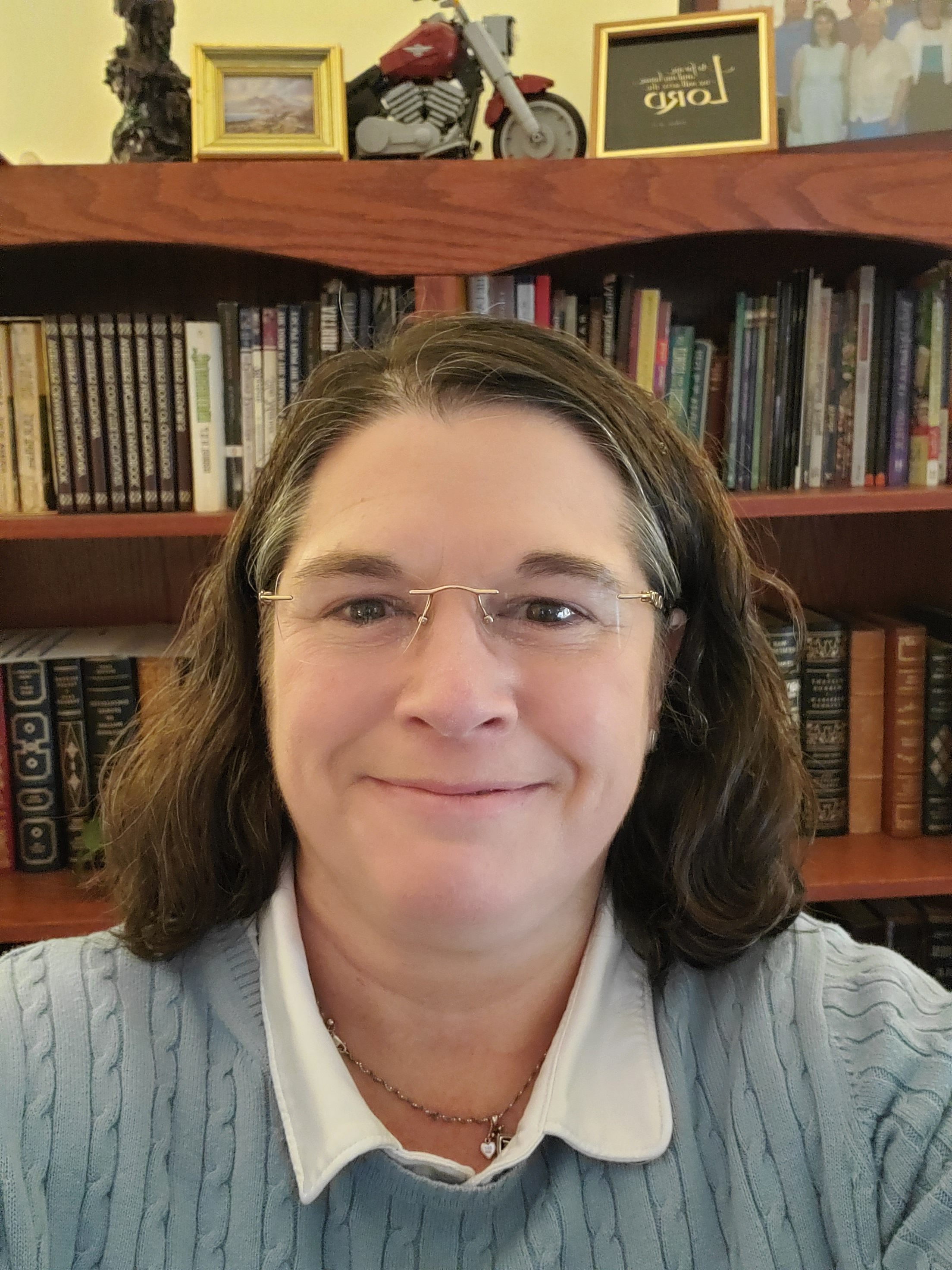As trauma survivors, many of us find traditional networking events overwhelming, anxiety-inducing, or even triggering. The loud environments, forced small talk, and pressure to “put yourself out there” can feel at odds with our need for safety and control. However, building professional connections remains crucial for career growth.
As someone who’s navigated this challenge, I want to share some creative alternatives that have worked for me and fellow survivors.
- Online Communities and Forums. Virtual spaces can provide a safer, more controlled environment for networking. We can participate at our own pace, take breaks when needed, and often find niche communities that understand our experiences. Look for professional groups on platforms like LinkedIn or industry-specific forums.
- Skill-Sharing Workshops. Instead of open-ended networking events, consider attending or hosting skill-sharing workshops. These provide a structured environment with a clear purpose, reducing social anxiety. Focusing on teaching or learning a skill can make interactions feel more natural and less forced.
- Volunteer for Professional Organizations. Volunteering allows us to connect with others while focusing on a shared task. This can ease social pressure and provide a sense of purpose. Look for opportunities within professional associations or industry-related non-profits.
- Book Clubs or Discussion Groups. Join or start a professional book club or discussion group. This provides a focused topic for conversation, making interactions more predictable and less overwhelming. It’s also a great way to demonstrate knowledge and insight in a low-pressure setting.
- One-on-One Coffee Chats. Instead of large networking events, try setting up individual coffee chats (virtual or in-person). These allow for deeper, more meaningful connections and give us more control over the environment and duration of the interaction.
- Collaborative Projects. Seek out opportunities for cross-departmental or inter-company collaborative projects. Working together on a shared goal can naturally foster connections without the pressure of explicit networking.
- Social Media Content Creation. Creating and sharing content related to your field on platforms like LinkedIn or Twitter can attract like-minded professionals. This allows us to network asynchronously and control our level of engagement.
Remember, networking doesn’t have to look like a room full of strangers exchanging business cards. It’s about building meaningful professional relationships in ways that feel safe and authentic to us. These alternative approaches can help us expand our networks while respecting our boundaries and honoring our healing journeys.
As we explore these options, being patient with ourselves is important. Some days will be easier than others, and that’s okay. Every small step we take in building our professional connections is a victory worth celebrating.
Questions for Self-Reflection and Journaling:
- Think about a time when you made a positive professional connection in a way that felt safe and comfortable. What elements of that experience could you recreate or incorporate into your networking approach?
- Consider your unique strengths and experiences as a trauma survivor. How might these qualities actually enhance your ability to form genuine professional relationships?
- Imagine your ideal professional network one year from now. What does it look like, and what small, manageable step could you take this week to begin creating that reality?
An Invitation
If you’d like to join an online community of other resilient overcomers focusing on their careers, I invite you to join The Resilient Career Academy™ Community. (RCA Community)
The RCA Community is a group dedicated to helping/supporting those working to overcome adversity and achieve their full potential in their careers.
The benefits to you are:
Community — The community provides support, encouragement, the ability to share frustrations, and get feedback from people who understand the struggle
Workplace/Career Resources — The group provides tools, resources, and templates to help you with your career journey
Available Coaching Support — The community is supported by trained and certified coaches who are available for individual sessions
Learning — You will have access to various trauma/workplace-related online courses developed by our coaches to help you in your journey
Workshops/Webinars — You will have access to practical workshops/webinars targeted to help you in the workplace grow your career
If you are interested in joining us, click here: https://resilientcareeracademy.myflodesk.com/community
As always, you do not have to walk this journey alone. Contact me to schedule your free discovery call.
Trigger Tracker Template — T kplace and plan the coping strategies you will use to get through the experience.
Get on the waiting list for The Resilient Career Academy™. You won’t want to miss it.
If you want to stay informed on the programs, tools, and training I offer, sign up for my mailing list.
You can also visit my website for more information on courses and other freebies I offer at: https://www.cyndibennettconsulting.com.
Photo by Evangeline Shaw on Unsplash

Believer. Leader. Learner. Advocate. Writer. Speaker. Coach. Mentor. Triathlete. Encourager. Survivor.
Most of all, I am a fellow traveler on the rocky road called, Trauma Recovery. My mission is to minimize the effects of trauma for survivors in the workplace.




